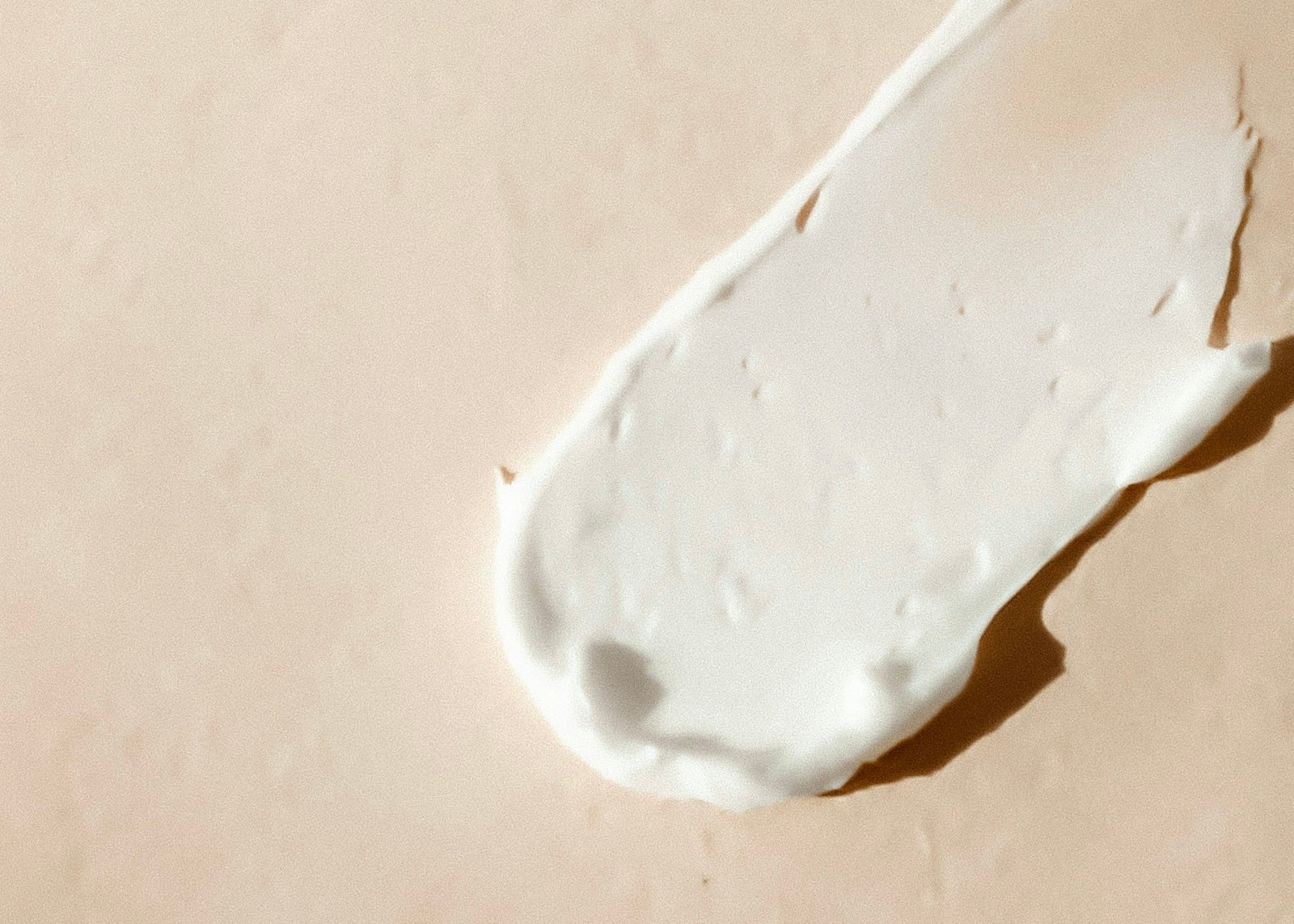
Can You Apply Moisturizer Over Retinol?
Retinol, a derivative of vitamin A, is a popular ingredient in skincare products due to its proven benefits in reducing signs of aging, improving skin texture, and treating acne. But can you apply moisturizer over retinol? The short answer is yes, but there's more to it than just slapping on a layer of cream. Let's delve into the details.
The Role of Retinol in Skincare
Retinol is a powerhouse ingredient in the world of skincare. It works by accelerating skin cell turnover, promoting the production of collagen, and reducing the appearance of fine lines and wrinkles. It also helps to unclog pores, making it effective in treating acne.
However, retinol can be drying and irritating to the skin, especially for those with sensitive skin or those new to using retinol. This is where moisturizer comes into play. Applying a moisturizer over retinol can help to mitigate these side effects by providing a protective barrier and hydrating the skin.
Applying Moisturizer Over Retinol
Step-by-Step Guide
- Cleanse your skin: Always start with a clean canvas. Use a gentle, natural cleanser to remove any dirt, oil, or makeup from your skin.
- Apply retinol: After your skin is clean and dry, apply a small amount of retinol. It's best to start with a lower concentration if you're new to using retinol and gradually increase as your skin builds tolerance.
- Wait: Allow the retinol to fully absorb into your skin. This usually takes about 20 minutes.
- Apply moisturizer: Once the retinol has absorbed, apply a moisturizer to your skin. Opt for one with natural and sustainable ingredients to nourish your skin without causing harm to the environment.
Choosing the Right Moisturizer
Not all moisturizers are created equal, especially when it comes to pairing them with retinol. It's important to choose a moisturizer that complements the retinol and doesn't interfere with its efficacy.
Look for moisturizers that are free from potentially irritating ingredients such as fragrances and dyes. Natural and sustainable ingredients like aloe vera, shea butter, and hyaluronic acid are excellent choices as they provide deep hydration without clogging pores or causing irritation.
Benefits of Using Natural and Sustainable Skincare Ingredients
Using natural and sustainable skincare ingredients has a multitude of benefits, both for your skin and the environment. Natural ingredients are often gentler on the skin, making them a great choice for those with sensitive skin or those using potent ingredients like retinol.
Furthermore, sustainable skincare practices help to reduce the environmental impact of the beauty industry. By choosing products with sustainable ingredients, you're not only caring for your skin but also doing your part in preserving our planet.
Benefits for Your Skin
- Gentle: Natural ingredients are typically gentler on the skin, reducing the risk of irritation or adverse reactions.
- Nourishing: Many natural ingredients are rich in vitamins, antioxidants, and other nutrients that nourish the skin.
- Effective: Despite being gentle, natural ingredients can be incredibly effective. For example, aloe vera is known for its soothing and hydrating properties, while tea tree oil is a potent antibacterial.
Benefits for the Environment
- Sustainable farming practices: Sustainable ingredients are often grown using practices that minimize harm to the environment, such as organic farming or permaculture.
- Reduced waste: Many sustainable skincare brands prioritize eco-friendly packaging, reducing the amount of plastic waste that ends up in our oceans and landfills.
- Biodiversity: By supporting brands that use sustainable ingredients, you're also supporting biodiversity. Many of these brands source their ingredients from diverse ecosystems and work to protect these areas.
Conclusion
So, can you apply moisturizer over retinol? Absolutely! Not only is it safe, but it can also enhance the benefits of retinol and reduce potential side effects. Just remember to choose a moisturizer with natural and sustainable ingredients to maximize the benefits for your skin and the environment.
As with any skincare routine, it's important to listen to your skin and adjust as necessary. What works for one person may not work for another, so don't be afraid to experiment and find what works best for you. Happy skincare!














